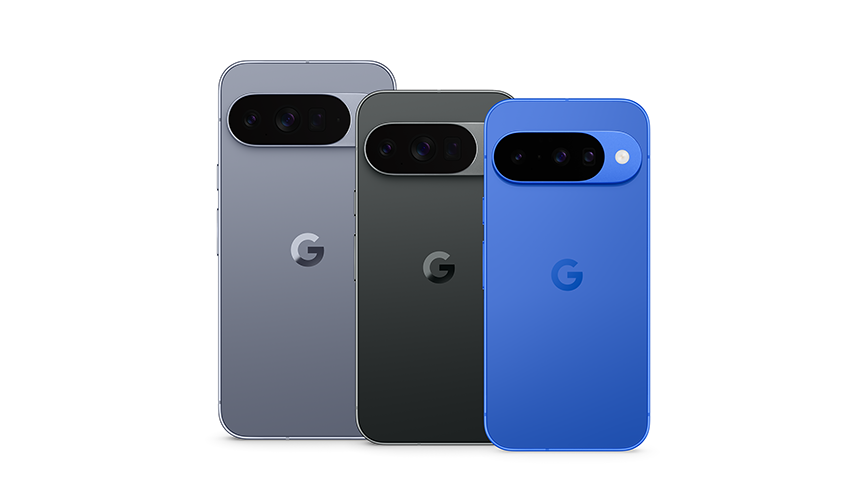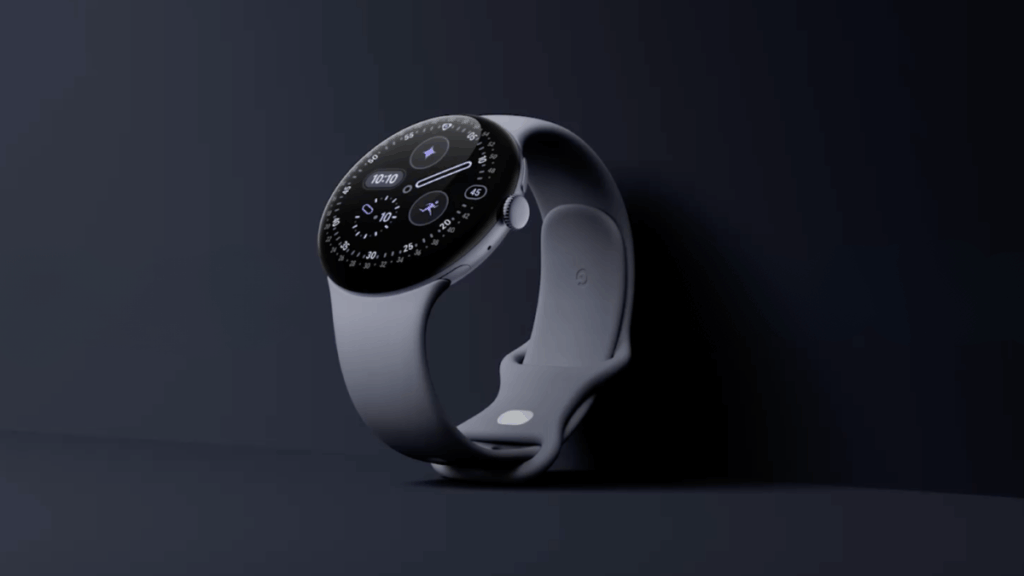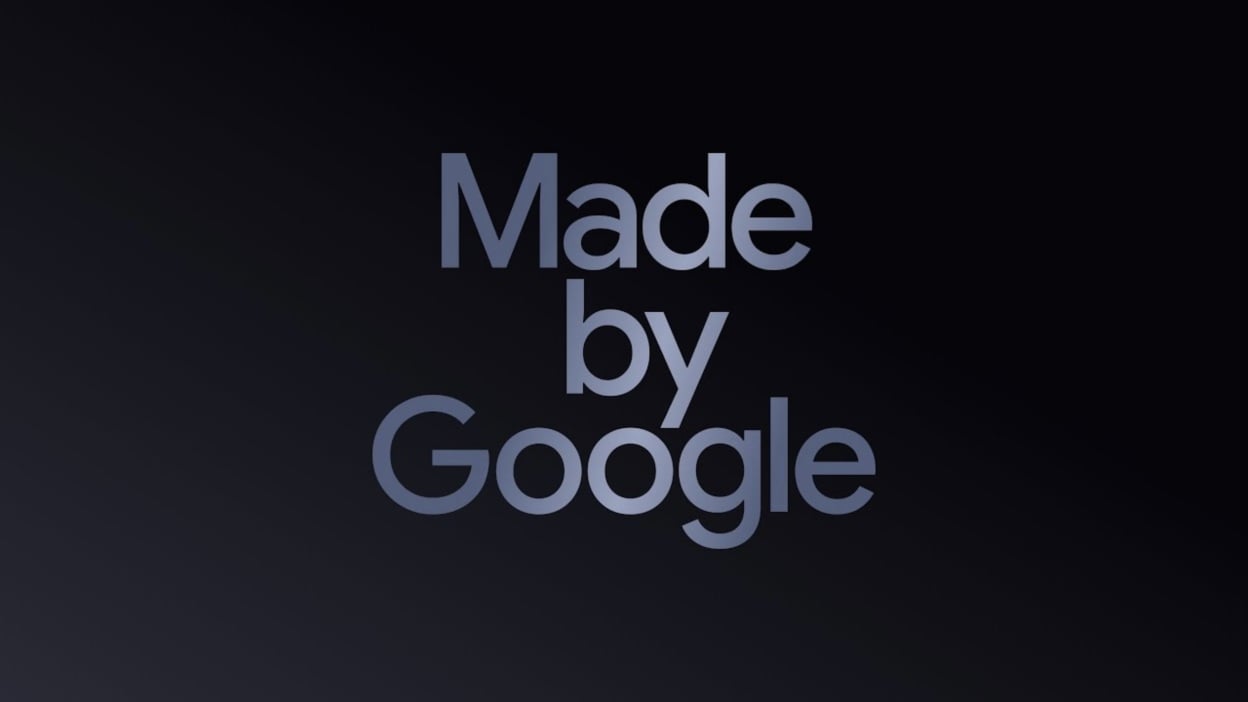Google has introduced its latest suite of hardware, including the Pixel 10 smartphone series, Pixel Watch 4, and updated Pixel Buds, all featuring significant advancements in artificial intelligence. The announcements highlight Google’s deepened commitment to on-device AI through its new Tensor G5 chip. However, the accompanying launch event drew criticism for its presentation style, which some viewers found disjointed and difficult to follow.
The keynote, hosted by Jimmy Fallon, presented an unconventional format that quickly became a talking point. Initial reactions noted the host’s seemingly limited knowledge of the products, which contrasted with later segments where it appeared he had used the devices. This perceived inconsistency contributed to a presentation style described as both scripted and unengaging, ultimately hindering clear communication of the new features.
Pixel 10 Series: New Silicon, Enhanced Intelligence
The Pixel 10 series comprises four new models: the Pixel 10, Pixel 10 Pro, Pixel 10 Pro XL, and the Pixel 10 Pro Fold. These devices incorporate a redesigned camera bar and are powered by the new Google Tensor G5 chip. This 3nm processor, co-developed with Google DeepMind, represents a notable upgrade, featuring an improved Tensor Processing Unit (TPU) that is up to 60% more powerful and a 34% faster Central Processing Unit (CPU). The Tensor G5 is also the first to integrate the latest Gemini Nano model, enabling advanced on-device generative AI functionalities.

Camera innovations are central to the Pixel 10 series. Features such as Camera Coach leverage Gemini models for photographic guidance, while Auto Best Take assists in capturing optimal group photos. Guided Frame provides audio and visual cues for visually impaired users. Furthermore, Content Credentials (C2PA) are now integrated into the camera app, creating verifiable metadata to document an image’s origin and editing history. Specific model enhancements include a 5x telephoto lens on the standard Pixel 10, and improved optical image stabilization and a 100x Pro Res Zoom on the Pro and Pro XL models. The Pixel 10 Pro Fold features a new 48MP rear camera setup and an “Instant View” function for immediate photo review when unfolded.
Software-side AI features are extensive. Magic Cue proactively delivers relevant information and suggests actions across various applications. Voice Translate offers real-time call translation, preserving the speaker’s original voice. Call Screen now provides “Take a Message” transcripts for missed calls. Additional features include NotebookLM integration with Pixel Screenshots and Recorder, a new AI-powered Pixel Journal for wellbeing, and expanded Writing Tools in Gboard. Select Pixel 10 models will also receive a free year of Google AI Pro. All Pixel 10 phones are slated to receive seven years of Pixel Drops, operating system, and security updates.
The new phones feature a refined camera bar design and integrate Pixelsnap for built-in Qi2 wireless charging, a widely-regarded enhancement for magnetic charging compatibility. All models are stated to provide over 30 hours of battery life and introduce Material 3 Expressive, a new user interface. Displays across the series reach a peak brightness of 3000 nits. The Pixel 10 Pro Fold boasts an aerospace-grade aluminum construction, an enhanced gearless hinge, IP68 water and dust resistance, and the largest inner display on a foldable at 8 inches.

- The Pixel 10 ($799), Pixel 10 Pro ($999), and Pixel 10 Pro XL ($1199) are available for pre-order, with retail availability on August 28. The Pixel 10 Pro Fold is also available for pre-order, shipping October 9 (pricing undisclosed).
Pixel Watch 4: Health, Connectivity, and Enhanced Tactile Feedback
The Pixel Watch 4 has undergone a significant redesign, focusing on health, connectivity, and proactive assistance. It features a novel domed Actua 360 display and is the first smartwatch to offer standalone Satellite Communication. Gemini is now integrated on-wrist, and the device retains its capability to detect a loss of pulse.

Design updates include a physically curved display with a 10% larger active area and reduced bezels, achieving 3000 nits peak brightness. A 15% stronger custom haptic engine represents a key improvement, addressing a common complaint regarding the weak haptic feedback in previous Pixel Watch models. Powered by the Snapdragon® W5 Gen 2 Wearable Platform, the Watch 4 is rated IP68 for water and dust resistance and, for the first time, offers a replaceable battery and display.
Battery life is extended by 25%, offering up to 30 hours (41mm) or 40 hours (45mm), with a Battery Saver mode providing up to three days. Fast charging capabilities enable a 0-50% charge in approximately 15 minutes.
Health and fitness tracking have been refined, with 18% more accurate sleep tracking and enhanced skin temperature sensing. A Personal AI Health Coach, built with Gemini, offers tailored fitness and sleep guidance. This feature presents a potential for personalized wellness support, though its user experience will be critical in determining its utility.

- The Pixel Watch 4 (41mm) starts at $349 (Wi-Fi) / $449 (LTE). The 45mm model starts at $399 (Wi-Fi) / $499 (LTE). All models are available for pre-order, with general availability on October 9.
Broader Ecosystem Enhancements
Google also introduced the Pixel Buds 2a, which now feature Active Noise Cancellation (ANC) powered by the Tensor A1 chip, alongside extended battery life and a replaceable case battery. A range of Pixelsnap accessories has been launched to complement the Pixel 10’s Qi2 charging, including chargers, stands, and compatible cases.
Software advancements include Material 3 Expressive UI, a more fluid interface debuting on Pixel 10. Gemini Live receives an update with visual guidance and deeper Google app integration. Google Photos conversational editing allows AI-powered edits based on natural language descriptions. Finally, Gemini for Home is poised to replace Google Assistant on smart home devices, offering enhanced AI capabilities for home management, with early access slated for October.

